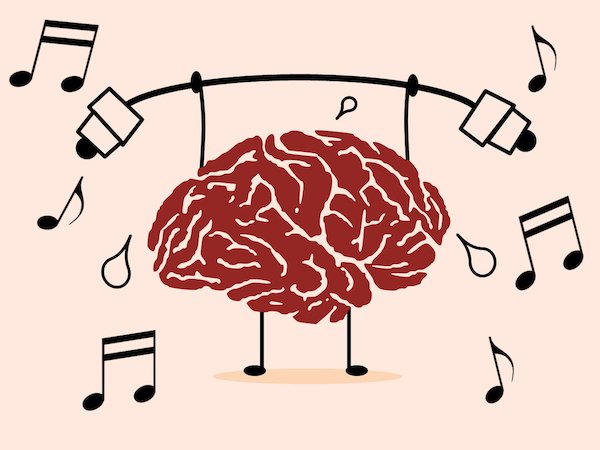
New research suggests the positive impact on mental health from singing, playing, or listening to music is around the same impact experienced with exercise or weight loss.
The report, recently published in JAMA Network Open, sought to establish with profound understanding, possible links between music and general wellbeing.
The authors of the study observed an “increasing evidence” supporting “the ability of music to broadly promote wellbeing and health-related quality of life”.
Many previous studies have tried to observe the close relationship between music and healthy living, however, the level of the potential impact and exactly why it works are areas scientists are still probing – and that’s where this particular piece of research can come in handy.
Based on a meta-analysis covering 26 previous studies and a total of 779 people on physical and mental health, using the widely adopted and well regarded 36-Item Short Form Survey, otherwise called SF-36.
SF-36 is a set of generic, coherent, and easily administered quality-of-life measures, that rely upon patient self-reporting, and are now widely utilized by managed care organizations and by Medicare for routine monitoring and assessment of care outcomes in adult patients.
The results of the studies were then compared against other research looking at the benefits of non-pharmaceutical and medical interventions (e.g., exercise, weight loss) on wellbeing and against research where medical treatments for health issues didn’t include music therapy components.
According to researchers, this meta-analysis of 26 studies of music interventions “provided clear and quantitative moderate-quality evidence that music interventions are associated with clinically significant changes in mental health-related quality of life”.
In addition, a subset of 8 studies demonstrated that “adding music interventions to usual treatment was associated with clinically significant changes to mental health in a range of conditions”.
At the same time, the researchers point out that there was substantial variation between individuals in the studies regarding how well the various musical interventions worked – even if the overall picture was a positive one.
This isn’t necessarily something that’s going to work for everyone, but researchers hope that studies such as this one will encourage health professionals to prescribe some kind of music therapy more often when it comes to helping patients recover from illness or maintain good mental health.
“However, the magnitude of music’s positive association with health-related quality of life is still unclear, particularly relative to established interventions, limiting the inclusion of music interventions in health policy and care,” researchers said, noting that, for many, listening to music and singing are pleasurable activities, and perhaps would not be as challenging as getting out for exercise or sticking to a diet, which is further reasons why they could be helpful as forms of therapy.
Music therapists agree music therapy can help patients recuperate from a number of illnesses ranging from depression, autism, anxiety, substance abuse, insomnia, neurological and personality disorders, and dementia.
ScienceAlert
Copyright PUNCH.
All rights reserved. This material, and other digital content on this website, may not be reproduced, published, broadcast, rewritten or redistributed in whole or in part without prior express written permission from PUNCH.
Contact: [email protected]





